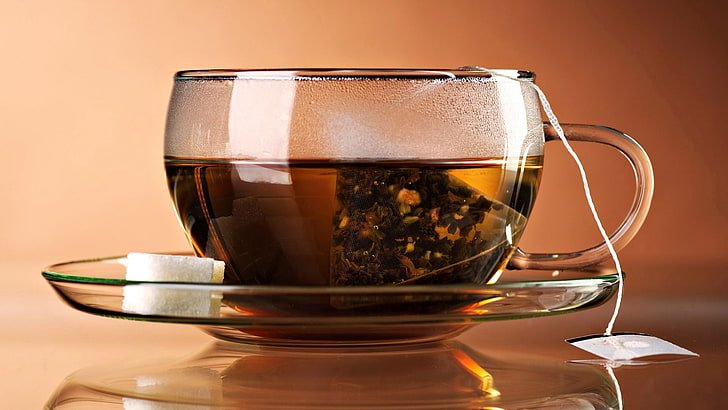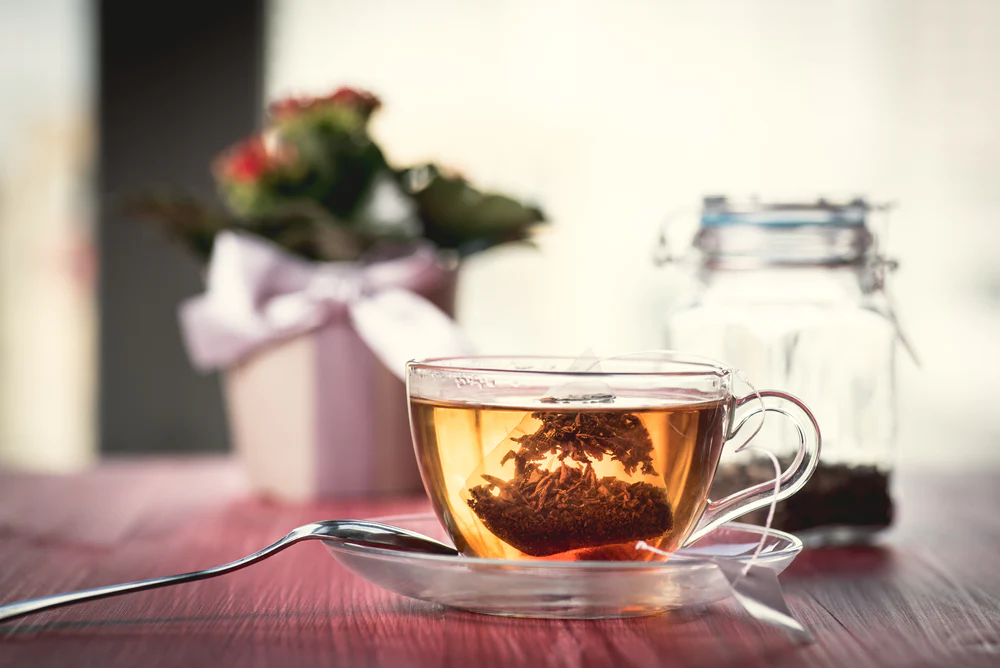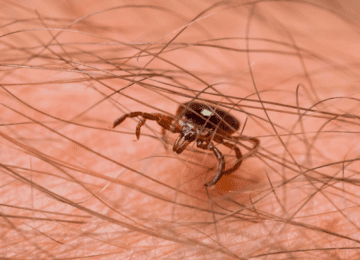Are you a tea lover? Do you start your day with dipping a tea bag in your cup? If so, you might want to think twice before taking another sip. Recent research by the American Chemical Society has revealed a potential downside to this widely acclaimed beverage, especially if your tea ritual involves plastic tea bags. As someone who enjoys tea and coffee throughout the day, I understand the importance of a good cup of tea. My evenings are usually reserved for healthy detox, mint, or chamomile tea, while the first half of my day is full of caffeine. Later in the day, I switch to tea without caffeine, mainly for its health benefits. If you are a tea lover like me, then you need to know about the dark side of tea bags and the hazards of plastic.
Microplastics Unveiled:
A groundbreaking study by McGill University has brought to light a startling fact – a single plastic tea bag can release an astounding 11.6 billion microplastic and 3.1 billion nanoplastic particles into your cup. The culprit? Polypropylene, the element used to seal tea bags. These levels surpass those found in various food and beverage items, raising concerns about potential health implications.
Choosing Safer Brews:
Navigating this plastic predicament requires caution. Plastic tea bags are a clear no-go, but even paper versions might harbor hidden plastic particles. To avoid these hazards, seek out tea bags labeled as fully biodegradable, organic, or crafted from plant-based materials. Notable plastic-free brands include Organic Tazo, Twinnings pyramid range, TeaPigs, and Clipper.
The Rise of Loose-Leaf Tea:
In the pursuit of a safer and more flavorful tea experience, loose leaf tea emerges as the hero. Beyond being chemical-free and fresher, loose leaf tea offers a fuller and more robust taste. Embracing loose leaf tea aligns not only with health-conscious choices but also with environmentally friendly practices.
Mastering the Infusion Game:
For the ideal loose leaf tea experience, a reliable tea infuser is indispensable. Our top pick, the Manatea, not only brews tea swiftly but also adds a touch of whimsy to your ritual. Its efficiency and easy cleaning make it a standout choice.
Environmental Impacts of Tea Bags:
The predicaments associated with tea bags extend beyond the health hazards of plastic. The production and disposal of tea bags have significant environmental impacts. By switching to loose leaf tea, you can reduce your carbon footprint and contribute to a greener planet.
The Art of Tea Blending:
Tea blending is an art that has been practiced for centuries. It involves combining different types of tea leaves, herbs, and spices to create unique and flavorful blends. Tea blending allows you to customize your tea experience and experiment with different flavors. Some popular tea blends include Earl Grey, Masala Chai, and Jasmine Green Tea.
The Benefits of Tea:
Tea is a popular beverage worldwide, second only to water in terms of consumption. It is a staple in nearly 80% of American households, with over 159 million Americans drinking tea on any given day. Tea is not only a delicious beverage but also a source of numerous health benefits. Tea contains antioxidants that help protect your body from damage caused by free radicals. It also contains caffeine, which can help improve brain function and boost metabolism. Drinking tea has also been linked to a lower risk of heart disease, stroke, and certain types of cancer.
We hope this article has helped you make informed decisions about your tea choices. Remember, every small step counts in the journey towards a healthier and more sustainable future. Keep Enjoying and Keep watching Jay-Ho! 😊
Read also: Matcha tea can boost your health in many ways than you know! (jay-ho.com)




























